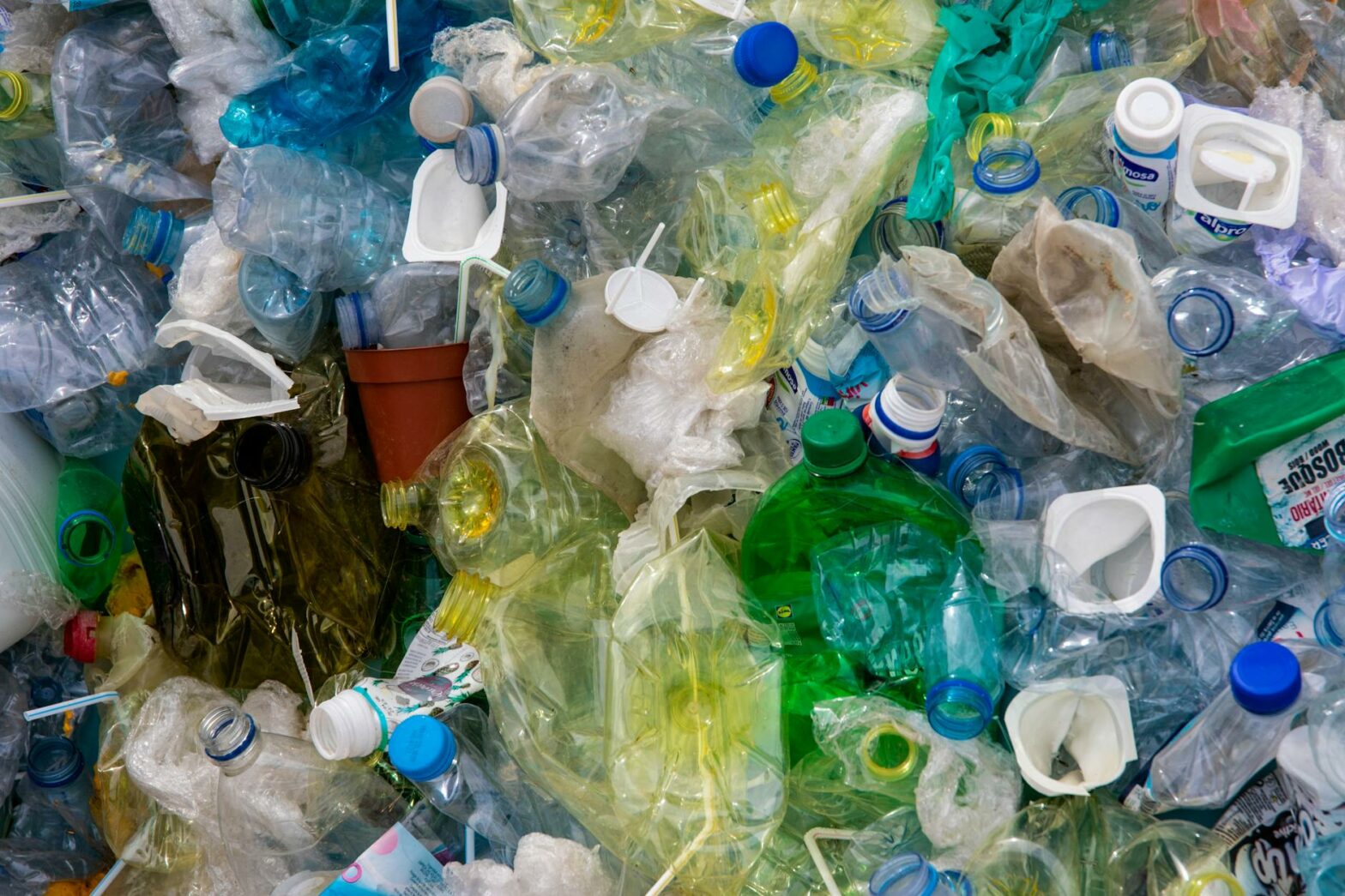Summary
This document provides information about recycling benefits, options, and challenges.
Some recent investigative news reports about recycling reveal some inefficiencies and failures of our current recycling efforts. Most of those news stories focus on plastics.
A person could get discouraged by these reports and stop recycling completely. Despite some discouraging news about recycling, we should still be mindful of consumption, waste, and product packaging that will produce better outcomes.
It’s important to be informed about the best practices for consumers to ensure a reduction in waste.
Plastic and Paper
While glass, aluminum, and other materials can be efficiently recycled, plastic and paper are more challenging. There are many different kinds of plastics. Some are more recyclable than others.
Many product packages combine materials. An example is a Pringles container. It contains paper, cardboard, aluminum, and plastic that can’t be easily separated. So, manufacturers are creating mixed material containers that can’t practically be recycled.
Reduce – Reuse
While reducing consumption helps, we still end up with waste.
Choosing reusable containers and buying in bulk would be an example of a zero-waste repeatable sustainable practice.
For example, some grocery stores offer milk sold in glass containers. The containers get returned to the grocery store when empty, and then sent to the dairy for sanitizing and reuse.
Some drinking water services provide water in glass containers that can be sanitized and refilled at the source. A better choice is to use filtered water at the tap.
Conspiracy Theories
There are some conspiracy theories that people cling to for “meaning” or an explanation of how and why we’ve arrived at our current situation. These help blame others for problems and direct anger elsewhere.
The appeal of conspiracy theories is that those who follow them and discuss them feel that they are privy to secret knowledge and are smart enough to understand the tangled web. They see what others are oblivious to. It helps boost a person’s ego to belittle others as unable to see the truth and not smart enough to understand what’s really going on.
There may be some truth to those theories, but ultimately they don’t help us solve our current problems.
News
CBS (28 Jun 2024)
“Critics call out recycling ‘fraud’ by plastics industry” — About 48 million tons of plastic waste is generated in the United States each year, but only 5 to 6 percent of it is actually recycled. A new report from the Center for Climate Integrity, “The Fraud of Plastic Recycling,” accuses the plastics industry of a decades-long campaign to “mislead” the public about the viability of recycling. Correspondent Ben Tracy talks with the report’s co-author, Davis Allen, and with Jan Dell, a former chemical engineer, about an inconvenient truth surrounding the lifecycle of plastic. Originally broadcast April 14, 2024. [Source]
PBS Terra (25 Apr 2024)
“How Big Business Broke Recycling (And Blamed You)” — Recycling has been the gold standard for fighting pollution for decades. But most plastics can’t be recycled and the companies that push for recycling are the ones often generating the most emissions and waste in the first place. Dr. Rae Wynn-Grant looks at how we have been told to “reduce, reuse, recycle” to shift the responsibility from companies to the individual. [Source]
PBS (16 Mar 2024)
“The plastic industry knowingly pushed recycling myth for decades, new report finds” — The world produces an average of 430 million metric tons of plastic each year. The United States alone produces tens of millions of tons of plastic waste annually. Yet on average, only about 5 to 6 percent of plastic in the U.S. is recycled. NPR correspondent Michael Copley joins Ali Rogin to discuss a new report on the plastic industry’s tactics to push recycling and avoid regulation. [Source]
BBC Ideas (14 Mar 2024)
“How to solve the world’s plastic problem” — Plastic is one of the most incredible materials in the modern world – but the way we use it damages the environment. What’s the solution? [Source]
PBS Terra (1 Feb 2024)
“Plastic Recycling is a Myth – Here’s How We Fix That” — Globally, only 9% of plastic is ever recycled, and even that tiny amount requires some virgin plastic to maintain quality. But scientists have discovered a new way to address this issue: “plastivores”, organisms that have evolved to eat plastic using enzymes in their bodies. Can we harness these enzymes and use them on the macro scale? Or will it not be enough to keep up with plastic production? [Source – Watch on YouTube]
Bloomberg (29 Mar 2022)
“Tracking Devices Reveal Where Recycling Really Goes” — Bloomberg placed trackers in three plastic bags and dropped them in Tesco supermarket recycling bins around London. Their journey revealed a netherworld of contractors, brokers and exporters that looks less like the circular economy and more like a game of pass-the-buck. [Source]
Jerry Rig Everything (31 Jan 2022)
“What REALLY happens to ‘Recycled’ Glass?! – (you might be surprised)” — What really happens to Recycled Glass? Can Glass be recycled? How do I recycle glass? Today we answer all of these questions and more while supporting Team Seas. [Source]
NPR (21 Apr 2021)
“Is Recycling Worth It Anymore? The Truth Is Complicated.” — America produces more waste per capita than any other country in the world. And recycling, which was once considered the solution to that problem, isn’t really working anymore. Recycling works, but it’s not magic. As America continues to lead the world in per capita waste production, it’s becoming more and more clear that everybody– manufacturer and consumers– “over-believe” in recycling. This film is based in part on Throughline’s podcast episode “The Litter Myth” from 5 Sep 2019. [Source]
